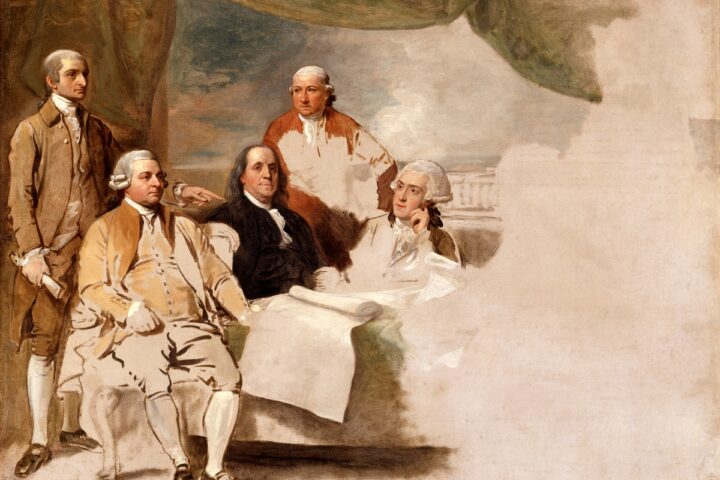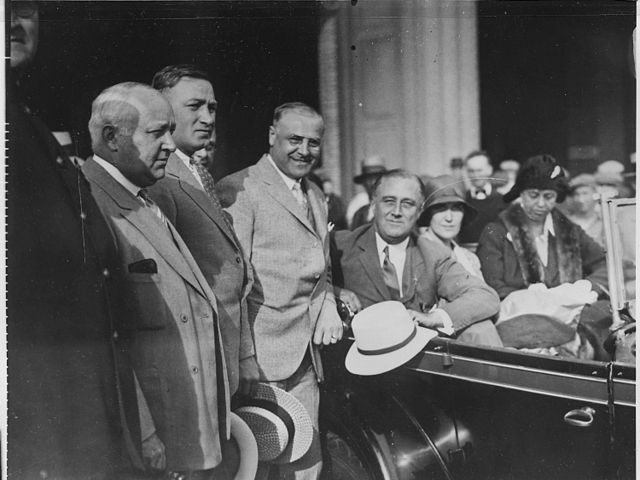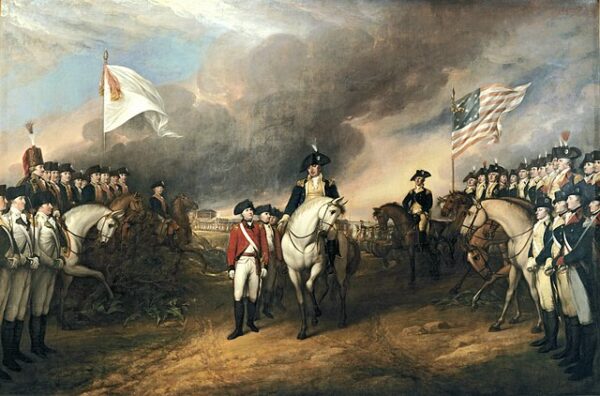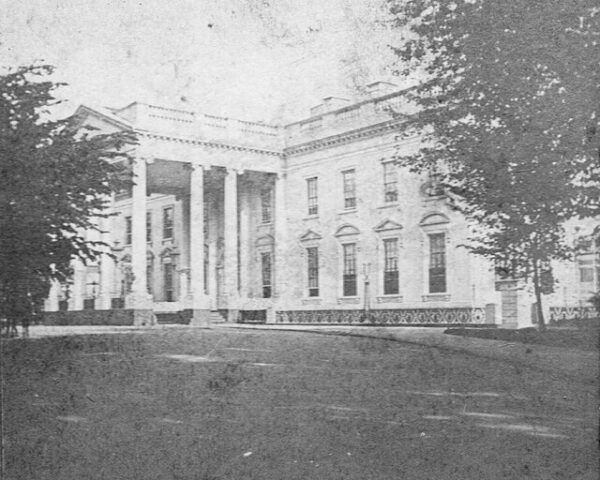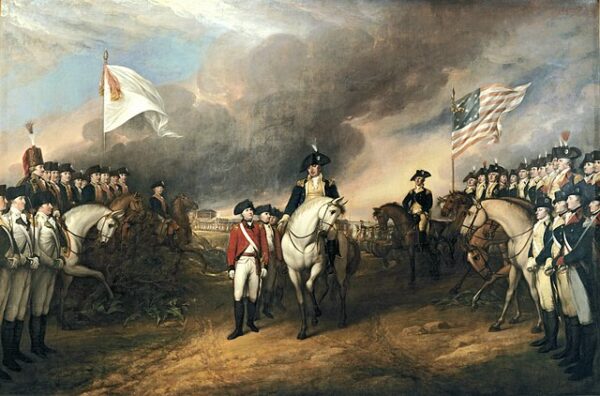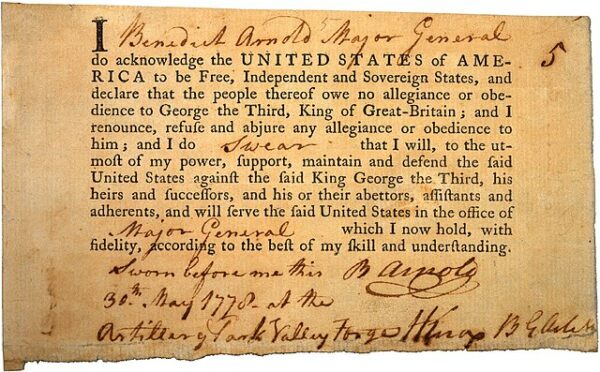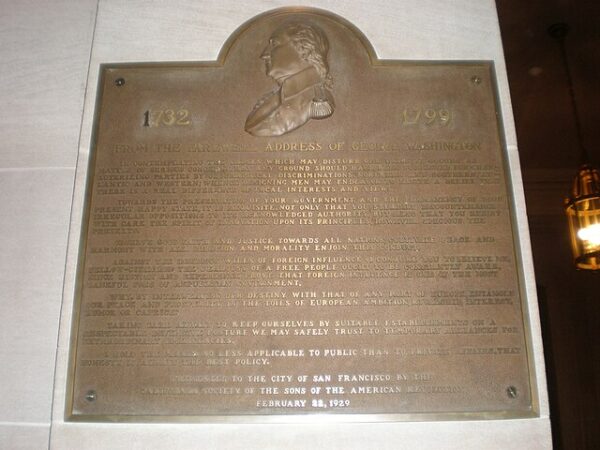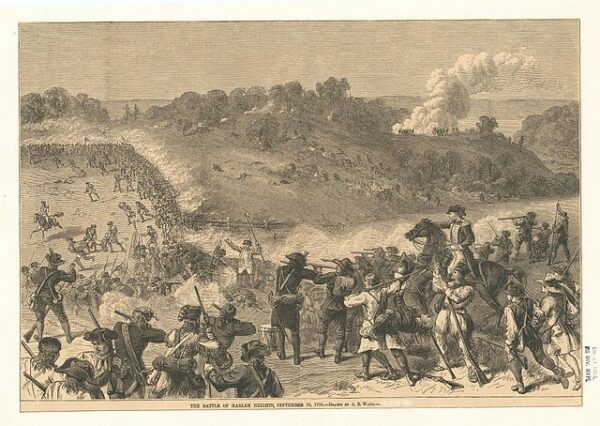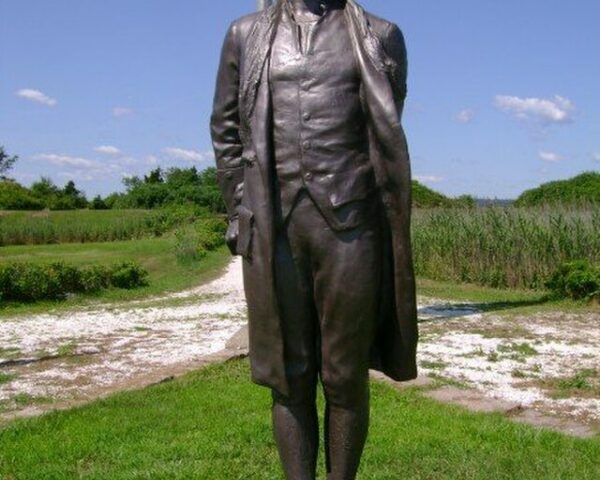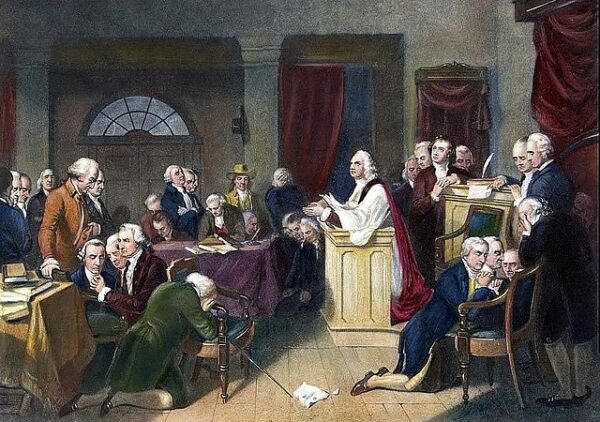The United States became independent on July 4, 1776, but it did not become free from the British until November 30, 1782. The Treaty of Paris, preliminarily signed on that date and sent to both countries for final approval, marked the official end of…
Read MoreOn November 5, 1940, Franklin D. Roosevelt made history as the only U.S. president elected to a third term. His unprecedented victory was driven by both his popularity and the nation’s unique circumstances. Since he first took office in 1933, Roosevelt had focused on…
Read MoreOn November 3, 1783, the American Continental Army was formally disbanded, marking a defining moment in U.S. history. This decision followed the signing of the Treaty of Paris in September 1783, which officially ended the American Revolutionary War. After nearly eight years of struggle…
Read Moreworkmen laid the cornerstone of the United States Executive Mansion—an act marking the symbolic birth of what would later become known as the White House. The event unfolded amid the fields and forests of a fledgling federal city that existed mostly on paper, a…
Read MoreOn September 28, 1781, the world began to turn upside down. On the battle-scarred fields of Yorktown, Virginia, the forces of destiny collided. General George Washington, leading the battle-hardened Continental Army, joined forces with French General Jean-Baptiste Donatien de Vimeur, Comte de Rochambeau, to…
Read MoreDuring September 1780, one of America’s earliest heroes turned traitor. Benedict Arnold’s treason stands as one of the most infamous acts of betrayal in American history, forever etched in the annals of the American Revolutionary War. Arnold, a prominent military leader in the Continental…
Read MoreOn September 19, 1796, the father of the United States left the stage for a final time, retiring to “sit in safety under his own vine and fig tree” at Mount Vernon. “After two terms in office, Washington decided to retire from public life, writes the…
Read MoreOn September 16, 1776, the morning broke with British horns sounding not the call to arms, but the mockery of a fox-hunt. From the wooded ridges above Harlem, George Washington’s battered Continentals listened to the taunt. For weeks they had known only retreat —…
Read MoreOn September 10, Nathan Hale, a young schoolteacher from Connecticut, signed up to be a spy for the Continental Army, eventually becoming a hero of the American Revolution who symbolized the spirit of sacrifice and patriotism. Born in 1755, Hale came of age in…
Read MoreOn September 5, 1774, Americans took one step closer toward independence with the meeting of the First Continental Congress. As tensions with Great Britain escalated, the colonies recognized the necessity of a unified response to the increasingly oppressive British policies, which many colonists believed…
Read More

